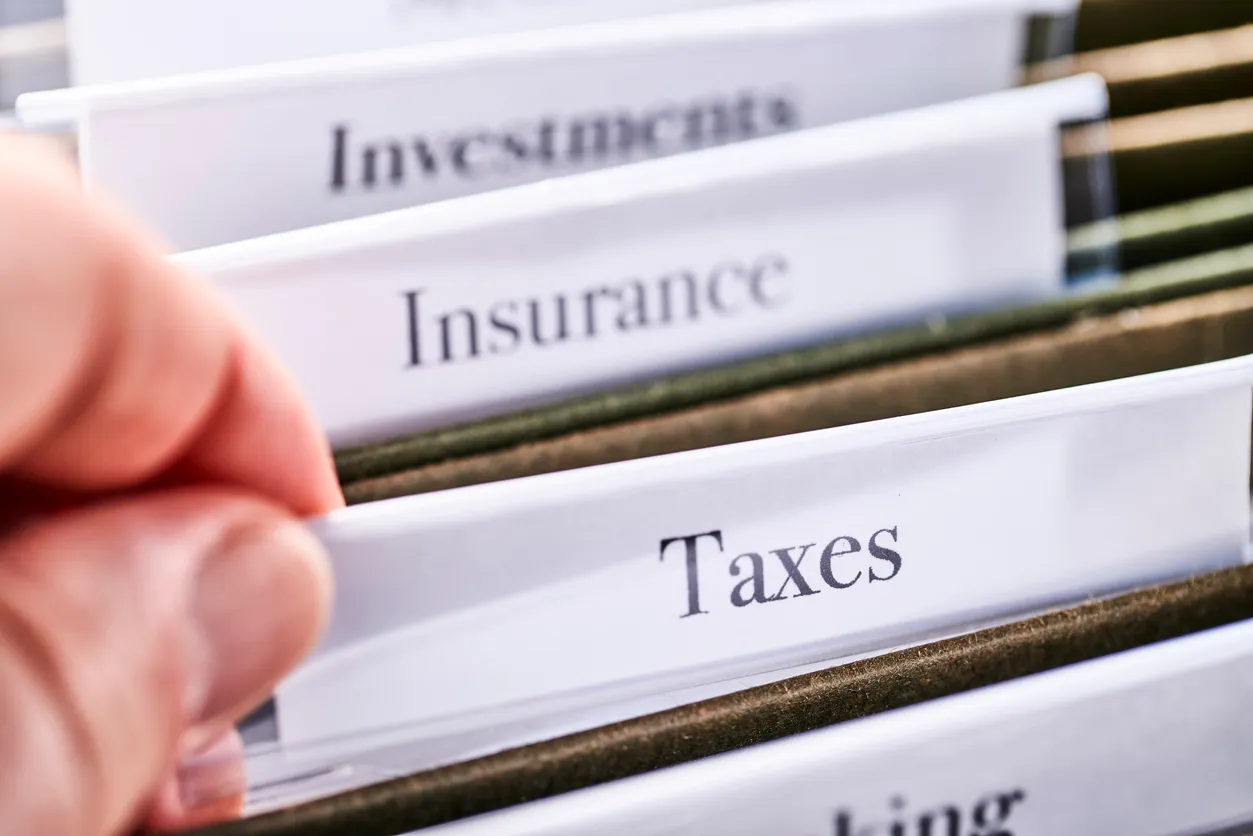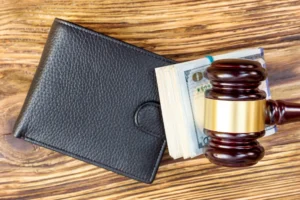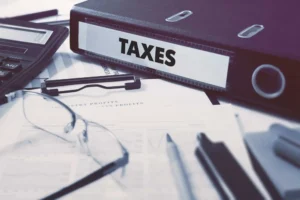Filing your tax return is annoying and confusing. And it can be a very stressful process if you end up owing the government. Sometimes, the IRS will end up sending you a levy if you do not pay. That is why it is important to understand how to request an IRS bank levy release.
Every year the dreaded tax season comes around, you scramble to complete your return to find out if you will receive a refund or if you will be sending another large chunk of your earnings to the IRS.
But what happens when you owe the IRS money and neglect to pay, refuse to pay, or cannot afford to pay? Here’s what you need to know. And more specifically, here’s how to request an IRS bank levy release.
Why The IRS Issues Bank Levies
If you disregard paying your taxes, it won’t be long before the IRS collection notices begin to roll in. Perhaps it can take some time, but rest assured, the announcements will come.
The IRS will assess your tax liability and send you a tax bill via US mail (Notice and Demand for Payment), which will include the amount you owe and the penalties and interest tied to your balance.
If there is no resolve, and you work out no plan to pay your tax, the IRS will finally send you a Notice of Intent to Levy and Notice of Your Right to a Hearing and give you 30 days to request to have the levy released.
If you ignore the notices and disregard the 30-day opportunity to request an appeal, the IRS will execute a bank levy against your assets.
Consequently, that can include legal seizure of your property (finances, assets, other rights to your property), and freezing your bank accounts to satisfy your tax debt.
And yes, this can be terrifying.
But, many people have found themselves in such a predicament, so you are not alone in your grief if you find yourself in this situation. Receiving a bank levy happens. Try not to panic. It’s OK.
The Silver Tax Group recognizes the stress and difficulty involved in understanding IRS tax codes and procedures and is available to assist you through the entire process.
So, let’s start from the beginning – the first thing you want to do is inquire about getting a Request for a Collection Due Process (CDP) or Equivalent Hearing, as this is your right.
What is a CDP Hearing?
If you have received a levy notice in the mail and are facing the threat of legal seizure of your property or rights to property, you have the opportunity to request a hearing. As a courtesy, the IRS gives 30 days from the date of the letter to file a request, to which you should adhere to preserve your right to go to court.
A CDP hearing is your best chance to avoid tax litigation and having your property sold to repay your debt. If you request a CDP hearing within the allotted time, it will prohibit levy action, at least in most cases, and will also suspend the 10-year timeframe the IRS has to acquire your taxes.
The suspension of the ten years will last until the IRS Office of Appeals makes a final determination on your disagreement. The IRS will then add the amount of suspended time to the remaining time, thus extending how much time they still have left to collect taxes.
If you disagree with the CDP determination, you can appeal the decision.
The Purpose of the Equivalent Hearing
Simply stated, if the deadline for requesting a CDP hearing has passed, you can ask for an Equivalent Hearing through the IRS Collections Appeals Program (CAP).
Although, unlike the request for a CDP hearing, it does not prohibit levy action, nor does it suspend the 10-year timeframe for collecting your taxes. And if you disagree with the CDP determination, you cannot appeal the decision.
The time allotted to request an Equivalent hearing is one year from the date of the levy, so, while this is an option, a CDP hearing would be better.
Steps To Request an IRS Bank Levy Release
Recognize, though, that despite your request for a timely CDP or Equivalent hearing, it does not restrict the IRS from also filing a Notice of Federal Tax Lien against you.
With that said, to quickly resolve your tax liability and request a bank levy release, you will need to visit the IRS website or contact your local IRS office to obtain Form 12153 (Request for a Collection Due Process or Equivalent Hearing).
If you prefer not to use the form and want to write your request personally, you have the option to do so.
Once you decide, you are ready to begin.
- Option1 – Fill in Form 12153
- Step1: If you received two notices, one for each a lien and a levy, and are appealing both, check both boxes on line 6.
- Step2: If you missed the CDP hearing deadline and are requesting an Equivalent Hearing, check the box on line 7.
- Step3: List the reasons why you are seeking a hearing or why you disagree with the notice. Some examples would include
- You’d like a collection alternative such as –
- Offer to pay your taxes in full
- Setting up an installment plan
- Offer in Compromise
- You are unable to pay your taxes due to a terminal illness or an economic hardship.
- You are not responsible for the tax liability; it is your spouse’s.
- The amount of tax the IRS is charging is incorrect.
- You’d like a collection alternative such as –
- Step4: List all tax information listed on the levy, including the tax period(s). You are permitted one hearing per taxable period. But keep in mind, the IRS will deny any request that raises frivolous issues or disrupts collection.
- Step5: Before submitting your form, which is a formal appeal, you can try to work out a resolution with the collection office that sent you the intent to levy by calling the number on the notice. Otherwise, submit the form to the address listed on the note.
- Option 2 – Make your request by writing a letter
- Step1: In your message to the IRS, include the very same information that you would if you were filling out Form 12153. Also, in case you decide to contact the office that sent the levy notice to discuss a possible payment plan, be aware that it will not extend the time you have to make your written request.
- Step2: Mail your letter to the address shown on the levy notice.
While this may all seem overwhelming, it is. But again, Silver Tax Group is here to assist, so no worries.
How to Avoid a Bank Levy
The best answer to avoiding a bank levy: If you owe the IRS, keep in mind, for as long as you owe, that’s how long penalties and interest will accumulate on your balance, making matters worse. So, work with them to get your balance paid off as quickly as possible to avoid a grueling and upsetting process.
If paying your delinquent tax is not doable, and quick action is what you need, Silver Tax Group is the solution. We can help with many legal tax issues, including help on how to request an IRS bank levy release. With over four decades of experience, 24/7 availability, skilled and professional tax attorneys waiting to assist, you do not have to face the chaos alone.





